
Stay up-to-date on the latest infectious disease news by checking out our top 5 articles of the week.

Stay up-to-date on the latest infectious disease news by checking out our top 5 articles of the week.

Findings from a recent study find enduring effects of LDH on learning and memory, suggesting potential clinical utility in women with HIV.
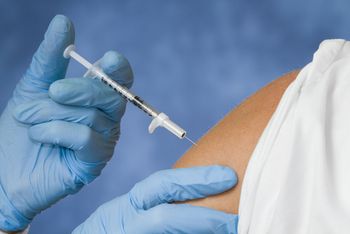
With optimal distribution, even low-efficacy flu vaccines can make a difference, although their benefits vary somewhat depending on which age group has a high uptake rate.
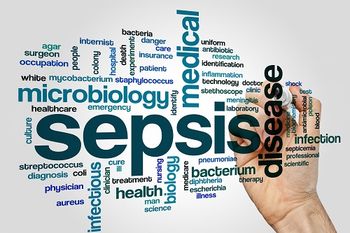
A new study finds that some patients with sepsis who are discharged after initial treatment, and then seen through outpatient follow-up still have positive outcomes.

Study finds C. auris contamination is high in northern Colombia health systems, indicating need for adherence to prevention and disinfection protocols.

The advent of antiretroviral therapy has increased lifespans for those with HIV, meaning there’s a greater need to address the rising incidence of cancer in this aging population.

New research suggests that too many patients with acute infections are dying in one South African city affected by high rates of HIV and TB.

Congress has voted to pass the right-to-try bill, which will provide terminally ill patients with the ability to seek out experimental therapies not yet approved by the FDA.

Ambulatory antibiotic stewardship interventions are more effective when focused on tools, technology, the person, organization, tasks, and environment components.
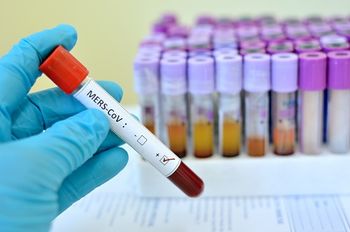
The virus associated with the Middle East may or may not pose a threat to the United States, but researchers here are still working hard to find treatments and preventative vaccines.
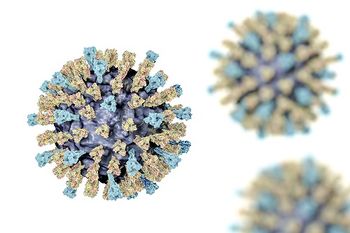
Following recent reports that England has seen more measles cases so far in 2018 than in all of 2017, health officials are combating outbreaks of the virus with vaccination clinics.

Nabriva Therapeutics plans to file a New Drug Application with the FDA in the fourth quarter of 2018.
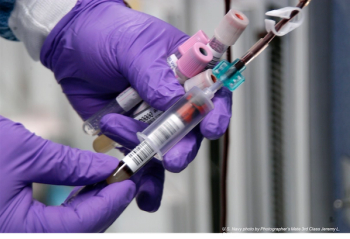
Procalcitonin levels can help differentiate bacterial and viral infections but did not influence antibiotic prescribing in hospital emergency departments.
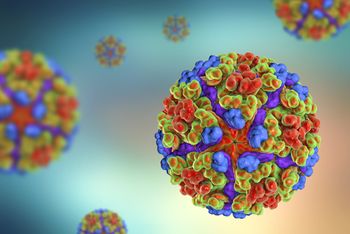
Researchers identify a molecule found on human cells and some animal cells that could be a potential target for drugs against chikungunya virus and related diseases.

Bruce A. Mueller, PharmD, shares some of the pharmacokinetic alterations that occur in patients who are in acute kidney failure in the intensive care unit.
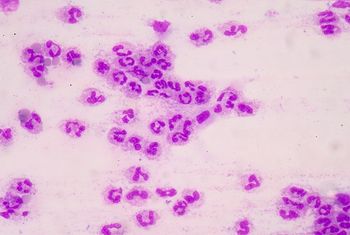
In sepsis patients undergoing CT imaging, contrast media administered intravenously does not significantly raise the risk of acute kidney infection.
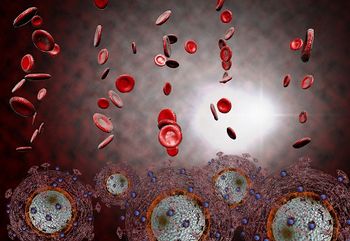
Primary care physicians are using an innovative heatmap, customized web-based software, and an extensive survey to reduce the number of new HIV diagnoses and increase viral suppression rates in patients with HIV.

Can biodebris left in instruments be sterilized?

In case you missed them, we’ve compiled a list of the latest recalls posted this week.

In case you missed them, we've compiled the top five infectious disease articles from this past week.

Researchers have found that a vaccine for Junin virus, a South American hemorrhagic fever virus, protects against another virus in the same family, opening up the possibility for universal vaccines for virus families.
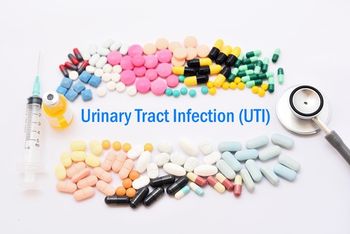
Comparing 2 commonly prescribed treatments for urinary tract infections, an international team of researchers discovers that 1 is clearly superior.
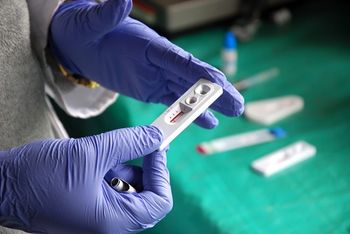
With limited access to state-of-the-art technology in much of the world, the organization hopes the new list will draw attention to the importance of diagnostics.

In the wake of the Ebola epidemic in West Africa, the World Health Organization is working with the Center for Infectious Disease Research and Policy and the Wellcome Trust to create research & development roadmaps for priority diseases, such as Nipah virus.

Study finds some patients may be able to go up to 9 months between care visits without an impact on viral load, while other patients need to maintain the current recommended rate of

The new LN34 test provided fewer false-positive results than the current gold-standard test, as well as fewer inconclusive results, and no false negative results.
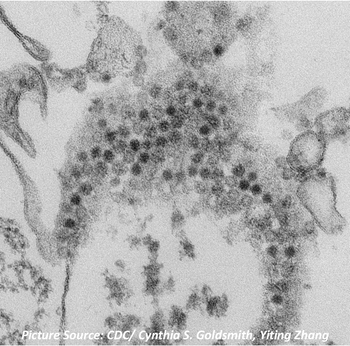
Researchers from the Centers for Disease Control and Prevention call for better surveillance of enteroviruses and parechoviruses following outbreaks of respiratory illness and hand, foot, and mouth disease.

With drug shortages and rising incidence of HIV/AIDS, the South American country may be on the verge of a public health crisis.

The drug met its primary endpoint of noninferiority to vancomycin at both 48 to 72 hours after drug initiation and test of cure.
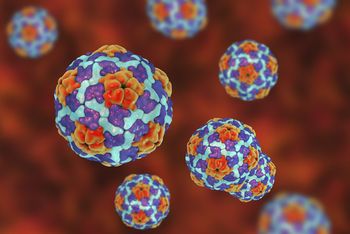
Two more states have reported hepatitis A outbreaks since our last update—here’s what you should know about them.